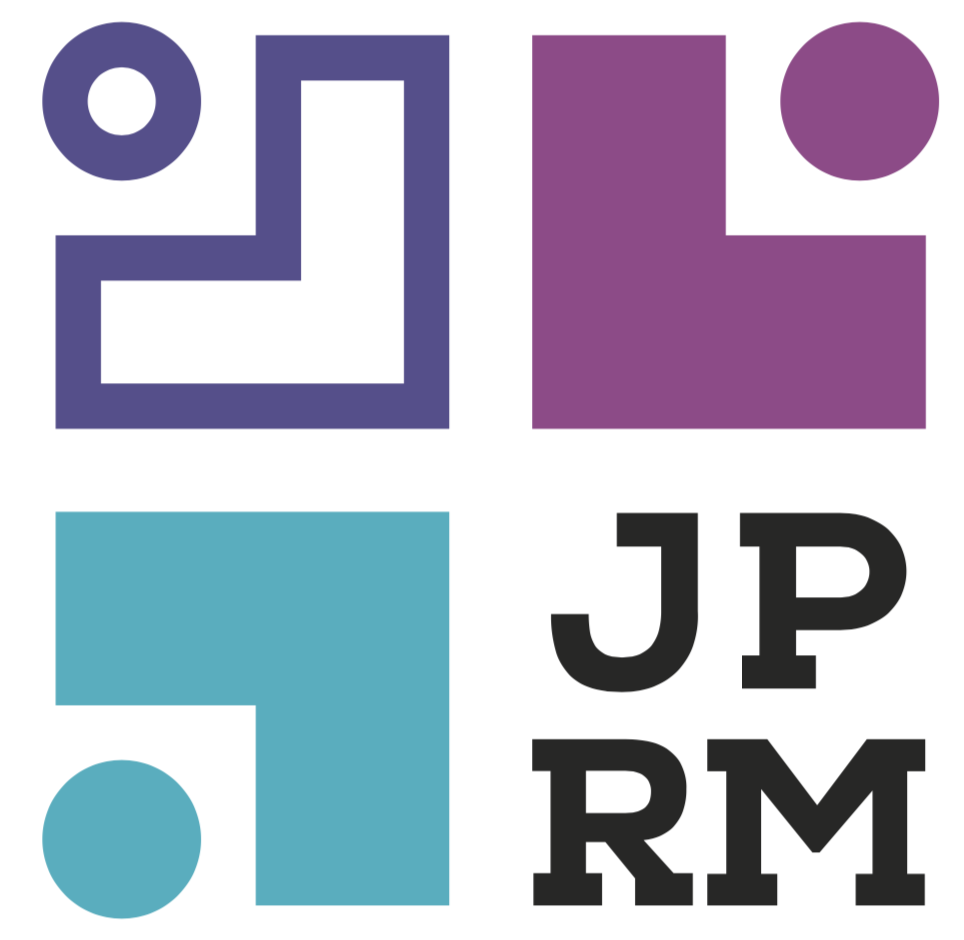Scientific rigor and methodological soundness are essential for conducting high quality community-engaged research, however the nuances, challenges, and time required to implement the research process are generally underappreciated. The present special issue, “How Communities and Research Institutions Work Together to Dismantle Structural Racism and Advance Health Equity” focuses on the complexities of interdisciplinary community-engaged research and the continuous development and refinement of its methods. Interdisciplinary community-engaged research is still relatively novel and complex, to say the least, and its methods are continuously being developed and refined.
Interdisciplinary Research Leaders (IRL) is a Robert Wood Johnson Foundation national leadership program created in 2015. The program brings together researchers and community leader fellows in teams of three (a community leader and two researchers from diverse and varied academic disciplines) to conduct community-engaged research, working with their communities to explore critical issues and apply their findings to advance health equity. Their innovative work aims to build a Culture of Health that enables everyone across the United States to live longer, healthier lives. Since the program’s inception, there have been seven cohorts, each comprising 12 to 15 teams who are funded for three years. To date, the program has funded nearly 300 IRL fellows from across the United States. The fellows have the opportunity to build their leadership skills, implement a community-engaged, action-oriented, and rigorous research project, and learn effective strategies to increase the impact of their research through dissemination, communication, and community organizing. Collaborating across sectors and disciplines, the fellows are recruited to focus on different health-equity-related themes every year, including early childhood, housing, environmental health, youth development, healthcare delivery in rural America, and dismantling structural racism. Notably, dismantling structural racism has been the focus of the IRL program for the last two cohorts.
The IRL fellows have been learning about what practices and methodologies are effective in a given community and which require modification or alternative methods. We at the IRL National Program Center have learned that community engagement is as much about the process as the outcomes. We recognize the importance of building trust, negotiating power dynamics, and engaging with integrity and authenticity while attributing credit and sharing data and findings with the community. Without addressing these challenges, the resulting outcomes may be meaningless, or worse, the community may be unfairly blamed for “failed” research.
The IRL program has invested in researchers and community leaders developing and honing community-engaged research methodologies and processes. We are dedicated to showcasing and bringing attention to these valuable community-engaged research efforts that have positively impacted local communities, to contribute to advancing the interdisciplinary community-engaged research field. The work of the IRL fellows to navigate the challenging space of community-engaged research has inspired a collaboration with the Journal of Participatory Research Methods to create this special issue.
This special issue comprises articles from community-based practitioners and university or other institutional researchers, including teams that participated in the IRL program and groups that did not. Their work integrates interdisciplinary and participatory methods in conducting community-engaged, action-oriented research to reduce/eliminate structural racism and make progress toward health equity. We sought articles describing the challenges and successes involved in research prioritizing meaningful community collaboration and shared leadership between those in research and community settings. We are delighted to bring you 15 excellent articles, eight from IRL fellows and alumni and seven from other community-based researchers. These articles come from a wide range of U.S. geographies, from California’s Central Valley to rural Missouri to urban Boston and many places in between. They use research methods as varied as photovoice, mapping tools, and the R.A.P.I.D. decision-making framework to address structural issues, such as housing equity or barriers to health care, for an array of communities, including immigrant or minoritized communities, women, children, youth, and disinvested urban and rural communities. Several articles address methods to develop and strengthen collaborative community research and action organizations or networks. It is our hope that this special issue will make a unique and important contribution to the ongoing work in the field of community-engaged research.
Special thanks to our reviewers for this issue. The wisdom and experience of these scholars, writers and practitioners is vital to the peer review process.
Mac Benavides
Heidi Bonner
Kathleen Call
Jane Chung-Do
Jennifer Fricas
Frederic Fovet
Gary D. Gilmore
Sarah Gollust
Erin Hagan
Greer Hamilton
Samantha Hurst
Danielle Kohfeldt
Melinda Butsch Kovacic
Shalini Kulasingam
Deborah Levine
Mona Loutfy
Josh Lown
Rodney Lyn
Marilyn Metzler
Derek Miller
Faith Mitchell
Elana Needle
Toben Nelson
Connie Nguyen-Truong
Cara Pennel
Clark Peters
Jennifer Renick
Victor Rubin
Brian Saelens
Chales Salmen
Mina Silberberg
Frida Smith
Rebecca Stone
Lina Svedin
Mary-Elizabeth Vaccaro
Emily Zimmerman
